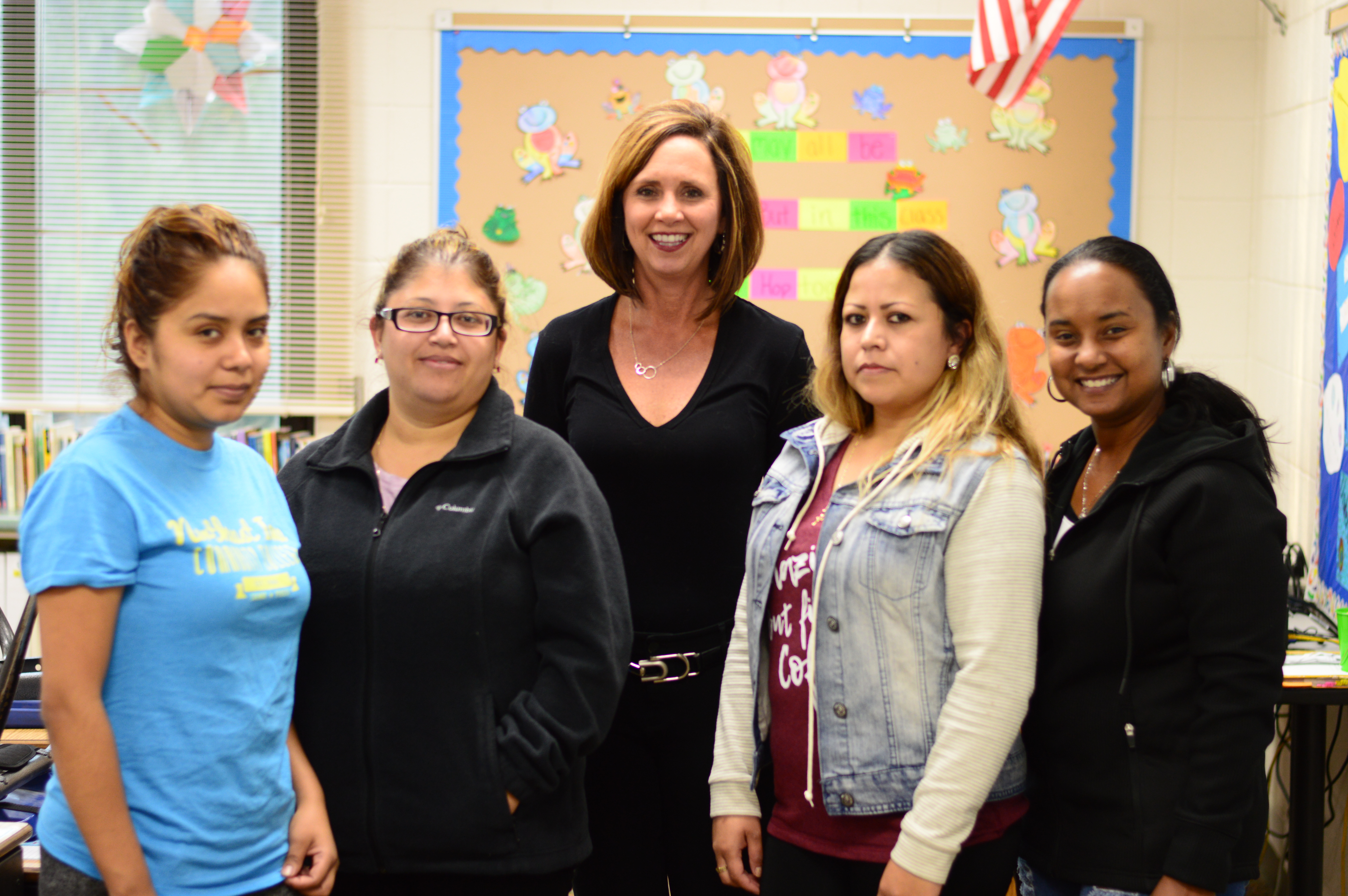Immigration needs assessment underway

The Community Foundation of Greater Dubuque is leading a new assessment to understand the needs of and services available to immigrant families in the Dubuque region.
The project is funded by a two-year, $100,000 grant from a collaborative of local religious sisters. In recent years, the sisters have convened area nonprofit leaders to discuss issues related to immigration in the communities they serve. Now, by partnering with the Community Foundation, the group can formally collect data around these issues with the goal of better understanding the service landscape.
“The Community Foundation has a history of conducting needs assessments to understand an array of different challenges residents of the Dubuque region face,” says Paul Duster, director of community initiatives for the Community Foundation. “Data gained from this work can be used by local organizations and leaders to make informed decisions about how to allocate resources, develop solutions and, ultimately, solve complex challenges facing our communities.”
Through this assessment, the Community Foundation, the sisters collaborative and other nonprofit partners aim to create a map of assets serving immigrant families to determine where service gaps and areas for improvement exist.
In addition to helping nonprofits better deliver and coordinate services, understanding the needs of immigrant families could also benefit employers looking to attract workers, Duster says. The ultimate goal, he adds, is to ensure the Dubuque region is a welcoming community where prospective and current residents alike feel supported and can easily navigate a system of resources that helps them thrive.
This fall, the Community Foundation hired Alex Baum, who, as knowledge management director, will both coordinate the assessment and oversee the collection and implementation of data to inform community initiatives. Baum brings experience managing the implementation of programs and projects to benefit underserved communities in Latin America, Africa, and Asia.
Baum, who recently relocated with his family to Dubuque where his wife grew up, also has held community-focused roles at a public defender in Manhattan Family Court and at Chapin Hall, a University of Chicago-based think tank focused on child maltreatment. He has a master’s degree in international relations from Yale University and a bachelor’s degree in international relations and philosophy from Carleton College in Northfield, Minn.
“I am eager to work with families who potentially come from countries where I have lived and visited,” says Baum. “My work abroad was about how to understand the needs of underserved people and empower them to improve their own lives, and I will now be taking a similar approach in looking at how our community in Dubuque can better support immigrant families and enable them to flourish.”
Once the needs assessment is complete, the next step will be to develop an action plan that lays out shared goals and milestones that local organizations can look to in coming years as they consider how to provide and coordinate services.
“We don’t want to guess what people need when they come to Dubuque,” Baum says. “We want to know what they actually need and help establish a system for delivering it.”